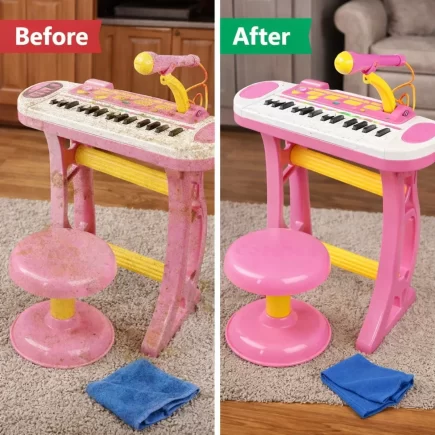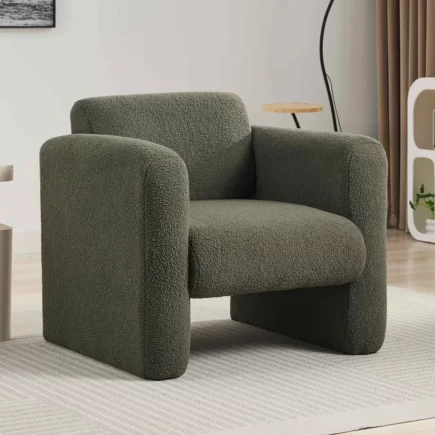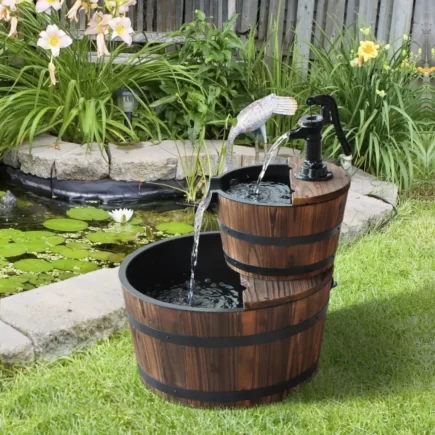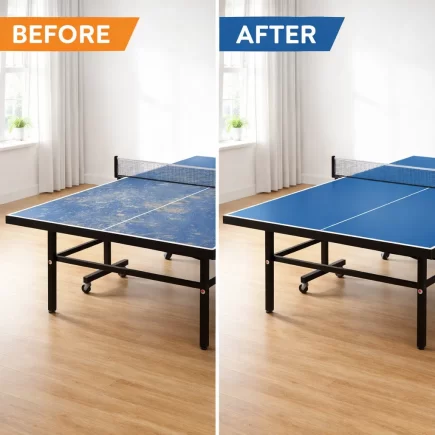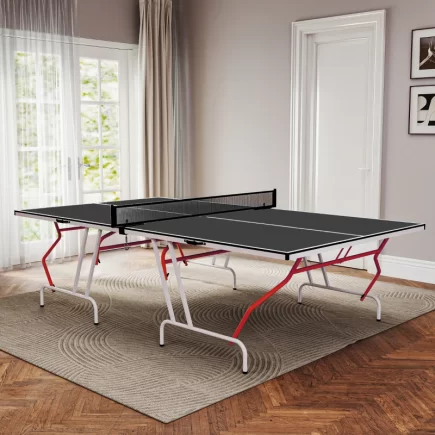Bathroom safety is critical for individuals with mobility challenges. Whether due to aging, injury, or chronic conditions, maintaining safety in the bathroom is essential to avoid falls and ensure independence. Among the most common bathroom aids are shower benches and shower chairs, both of which provide crucial support and comfort during a shower. However, each product has unique features and benefits suited to different needs.

1. Purpose
Shower Chair
A shower chair is a more supportive seat designed to offer full comfort and stability during a shower. Unlike the shower bench, it includes a backrest and armrests, offering additional support for individuals who may have trouble sitting upright for long periods or need complete support while showering.
Shower chairs are especially useful for people with more severe mobility issues or those who are unable to stand for extended periods.
Shower Bench
A shower bench is a simple seating solution often used in the shower. It typically features a flat seat with no backrest or armrests. The bench’s primary function is to provide a safe spot for users to sit and rest during a shower, making it an excellent choice for individuals who can stand but need occasional support.
2. Ideal Users
Shower Bench
Shower benches are best for individuals who need occasional support but have good mobility. Those with mild to moderate balance issues, or who tire easily while standing, will find a shower bench beneficial. It’s also a good option for those looking to conserve space while still ensuring safety.
Shower Chair
Shower chairs are perfect for people with severe mobility restrictions or those who experience significant difficulty standing for any length of time. If you require full support to remain seated, a shower chair is the more appropriate choice.

3. Comfort
Shower Bench
A shower bench is most suitable for individuals who have good balance but may need a safe place to rest. If you can stand on your own but occasionally need a spot to sit for a short period during your shower, the shower bench provides just the right amount of support without the bulkiness.
Shower Chair
Shower chairs are designed for individuals with limited mobility who need more extended support. The backrest and armrests provide extra comfort, ensuring users can sit comfortably for longer durations. This makes it ideal for those with chronic conditions or mobility challenges, providing security and comfort while showering.
4. Space Requirements
Shower Bench
A shower bench is compact and often more suitable for smaller bathrooms. Its minimalist design means it occupies less space, and it can be easily moved or removed when not in use, making it an excellent option for tight spaces.
Shower Chair
Shower chairs tend to be larger, especially those with backrests and armrests. This can be a disadvantage in smaller bathrooms where space is limited. The extra components can make the shower chair more cumbersome and less ideal for tight spaces.

5. Versatility
Shower Bench
Shower benches are versatile and can often be used outside the shower as well. Some models are portable enough to be used as a chair in other parts of the home, such as near the bathtub or in a bedroom. This makes it a multifunctional piece of furniture that offers value beyond the shower.
Shower Chair
Shower chairs are generally designed for use exclusively within the shower or bath. While some may have mobility features, they aren’t as versatile as shower benches in terms of placement around the home. However, the enhanced support makes them ideal for people who need extended periods of comfort.
6. Portability and Storage
Shower Bench
Shower benches are typically lightweight, making them easy to move around. They’re also simpler to store when not in use, which is a key advantage for individuals who need a portable solution for their bathroom safety.

Shower Chair
Shower chairs, with their backrests and armrests, are usually heavier and bulkier. This makes them harder to move or store when not in use, limiting their portability compared to shower benches. If you travel often or prefer to remove the seating when not needed, a shower chair might not be as convenient.
7. Design and Aesthetics
Shower Bench
Shower benches generally have a sleek, modern aesthetic with clean lines and minimal components. They fit well in a wide variety of bathroom designs, especially if you prefer a more minimalist look.
Shower Chair
Shower chairs tend to have a more clinical appearance due to their added support features. While some models are designed with a more stylish appearance, they may not blend as seamlessly with more modern or aesthetic bathroom decor.

8. Cost Considerations
Shower Bench
Shower benches are usually more affordable than shower chairs, particularly for basic models without additional features like adjustable legs or extra padding. This makes them an excellent budget-friendly option for those who don’t need extensive support.
Shower Chair
Shower chairs tend to be more expensive due to their added support features, including adjustable components, backrests, and armrests. The extra materials and design complexity contribute to the higher cost, but for those needing enhanced support, the investment can be worth it.
9. Durability and Longevity
Shower Bench
Shower benches are made from a variety of materials, including wood, plastic, and aluminum. While these materials are generally durable, wooden benches may require more maintenance over time to prevent water damage. For users who require constant support, a bench may wear out faster compared to a shower chair.

Shower Chair
Shower chairs are typically made from stronger materials, such as reinforced plastic or metal, designed for long-term use. They are built to support more weight and withstand regular use, making them a more durable option for those with higher mobility needs.
10. Installation and Maintenance
Shower Bench
Shower benches are easy to install and require little maintenance. Most models are simple to clean and can be moved or adjusted with ease. They typically do not require any specialized tools for setup.
Shower Chair
Shower chairs may require more setup due to their adjustable features and multiple components. They also require more frequent cleaning, especially if they have cushions or vinyl parts that collect moisture.

11. Ease of Cleaning
Shower Bench
Shower benches made from plastic, aluminum, or other non-porous materials are generally easy to clean. However, wooden benches may require additional care to maintain their cleanliness and prevent water damage. Overall, cleaning is straightforward with a shower bench.
Shower Chair
Shower chairs are made with materials that are easy to wipe down, such as plastic or vinyl. However, due to their additional parts, cleaning may take a bit longer. Models with removable cushions or pads may also require more maintenance to keep clean and dry.
Choosing the Right Support for Your Shower Safety
Both shower benches and shower chairs serve essential functions in enhancing bathroom safety, but they cater to different needs. A Shower Bench is ideal for individuals who need minimal support and have better balance, while a Shower Chair offers greater comfort and stability for those with more significant mobility challenges.
FAQs
1. How do I ensure my shower bench is secure?
To secure a shower bench, ensure it has rubber feet or suction cups that prevent slipping. Regularly check the stability and ensure the bench is placed on a flat surface to maintain safety.
2. Can a shower chair be used for elderly individuals with memory problems?
Yes, a shower chair is suitable for elderly individuals with memory problems as it provides full support and safety features, such as armrests and a backrest, preventing falls while offering comfort during showering.
3. Is a shower bench suitable for individuals who cannot stand?
A shower bench is not ideal for individuals who cannot stand, as it lacks the backrest and armrests for full support. A shower chair, which provides complete support, would be a better option for such individuals.


